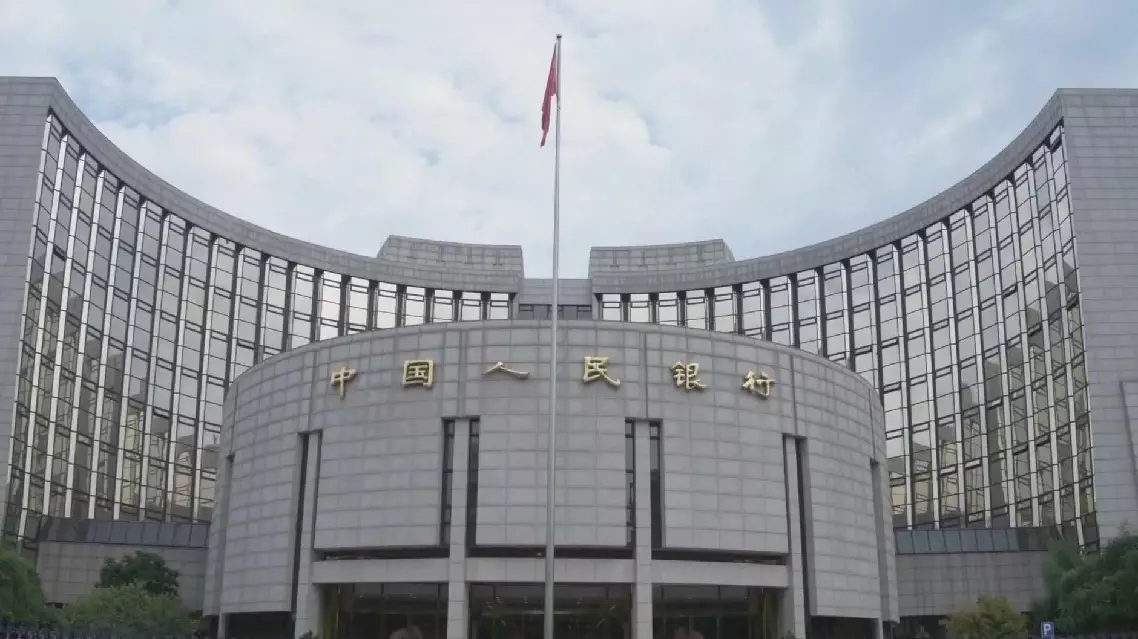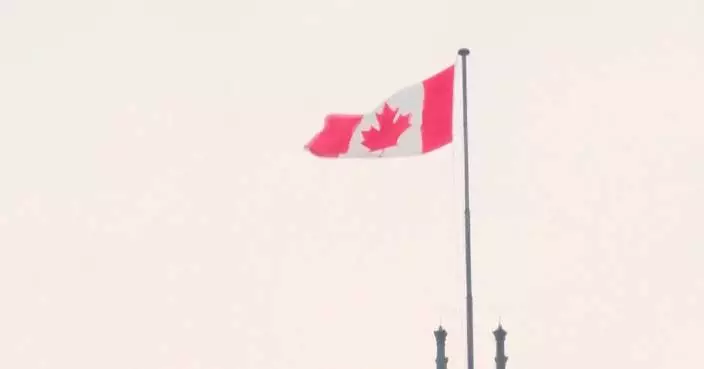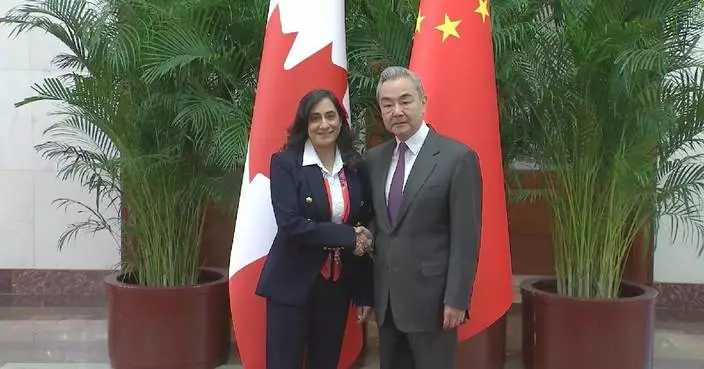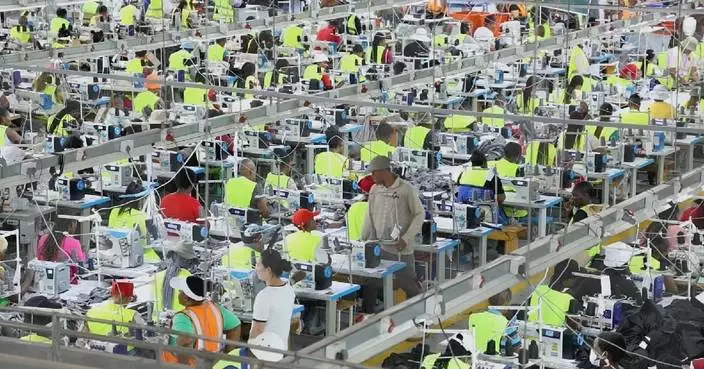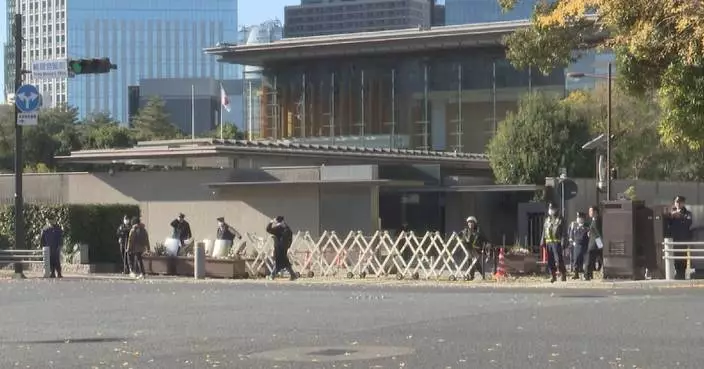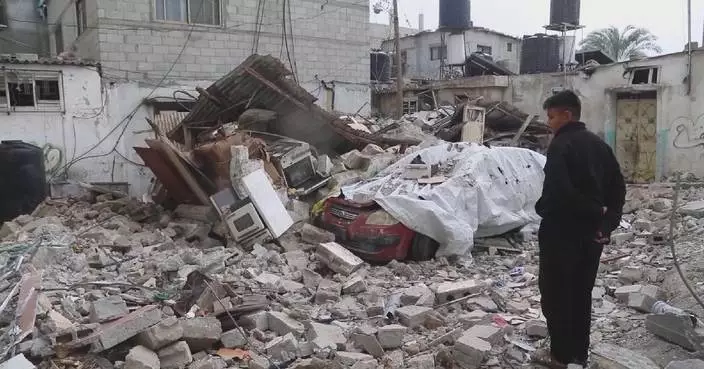Israel has carried out five waves of airstrikes against Iran since the early morning of Friday, targeting Iranian nuclear sites and military sites, according to an Israeli military official, while explosions were reported in Tehran and western Iranian provinces.
In this operation named as "Rising Lion," Israeli military sent more than 200 fighter jets to attack Iran in the first wave of the airstrikes, according to an Israel Defense Forces (IDF) spokesman.
IDF claimed that Iran has sufficient enriched uranium to produce multiple nuclear bombs within days, prompting the urgent military action.
Israeli Prime Minister Benjamin Netanyahu said in a video address that the ongoing operation against Iran's nuclear infrastructure aims at preventing Iran from threatening Israel, and will continue for days until the threat is eliminated.
According to the report by the Times of Israel, which cited an Israeli defense official, Netanyahu and Defense Minister Israel Katz signed an order on Monday, asking the IDF to prepare for the operation, and the final decision was made in coordination with the IDF's Chief of Staff Eyal Zamir.
As part of the emergency measures, Israel declared a state of emergency and closed Tel Aviv's Ben Gurion Airport until further notice while it carried out strikes.
Explosions were heard in Tehran and western provinces in Iran such as Lorestan and Kermanshah in the early hours of Friday.
The strikes hit the headquarters of Iran's Islamic Revolutionary Guard Corps (IRGC) in Tehran.
Chief Commander of Iran's Islamic Revolution Guards Corps Hossein Salami was assassinated by Israel, while Chief of Staff of the Armed Forces of Iran Mohammad Bagheri and Deputy Army Commander Gholam-Ali Rashid were killed in the airstrikes, according to the local media. Media reports also said that the former secretary of Iran's Supreme National Security Council Ali Shamkhani was seriously injured in the airstrikes.
Six nuclear scientists were killed in Israel's strike on Iran as well, according to local media.
A nuclear facility at Natanz in Iran's central province of Isfahan was also struck, but Iranian media said there are no signs of nuclear contamination.
Israeli airstrikes also hit a residential building in Tehran, killing five people and injured 20 others, including women and children, according to Iranian state media.
Following the Israel's attacks, Iranian supreme leader Ayatollah Ali Khamenei said that Israel would surely face severe punishment, and the IRGC of Iran warned on the same day that it would resolutely fight back.
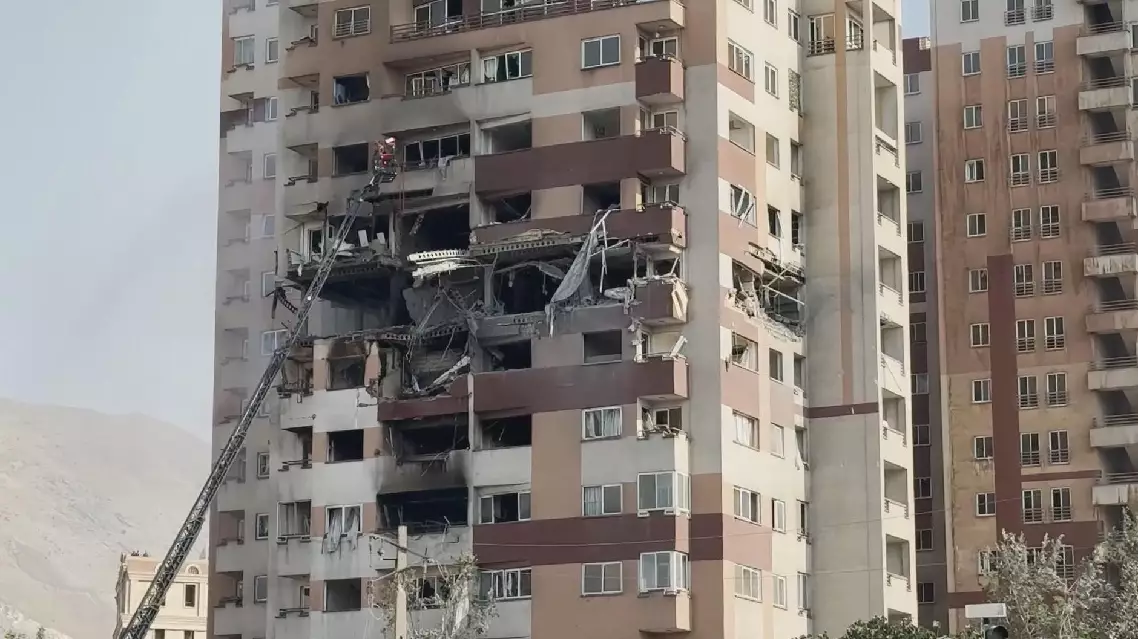
Israel launches five waves of airstrikes on Iran: military official


